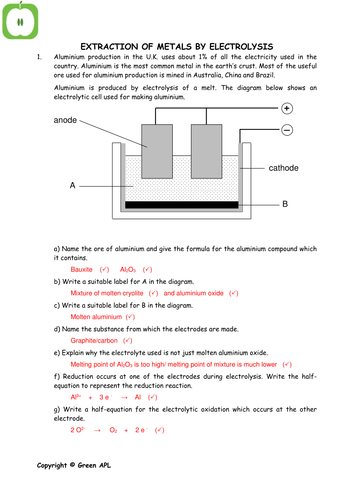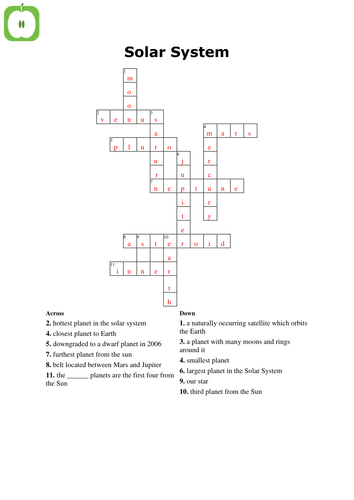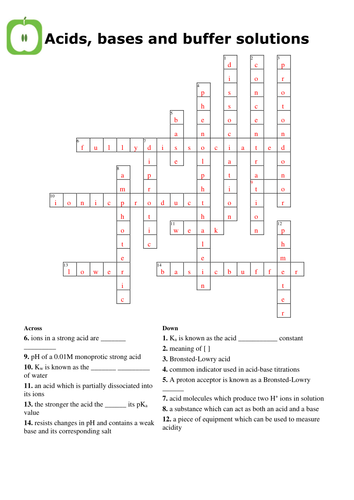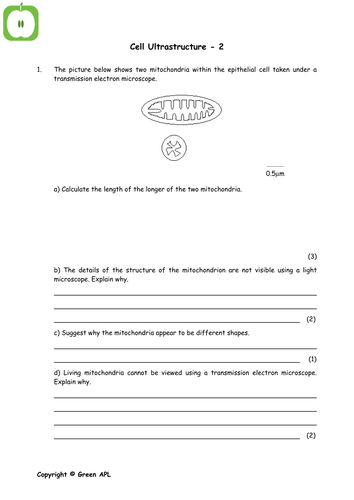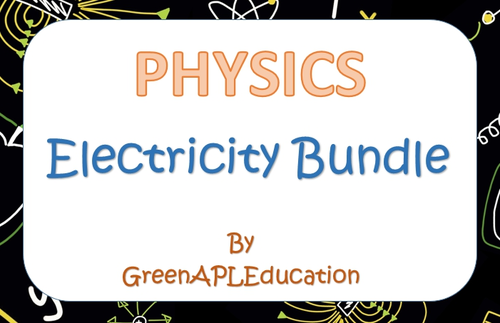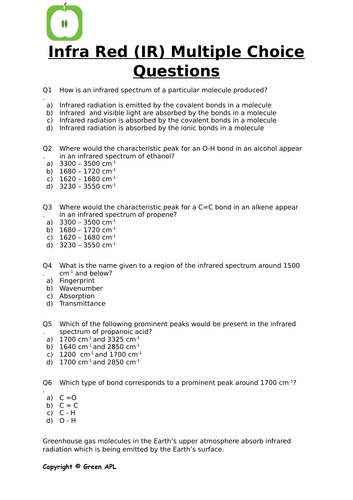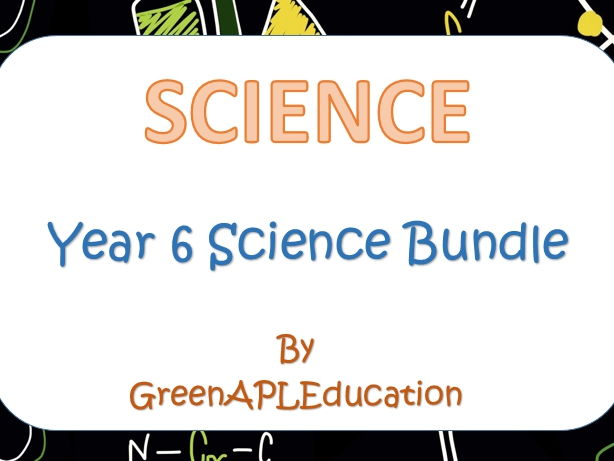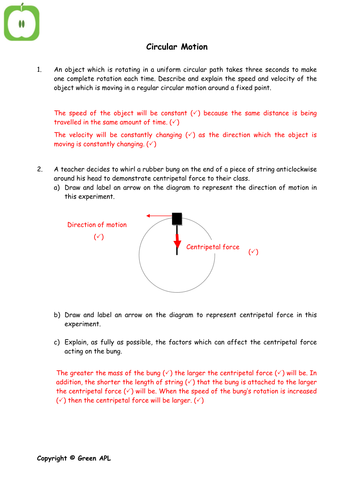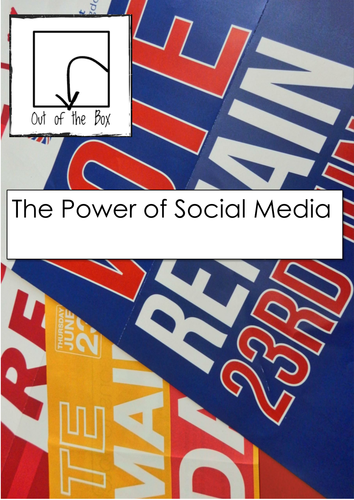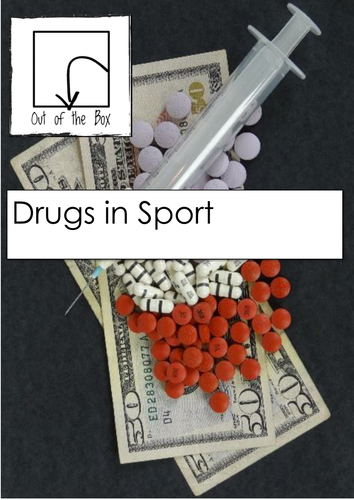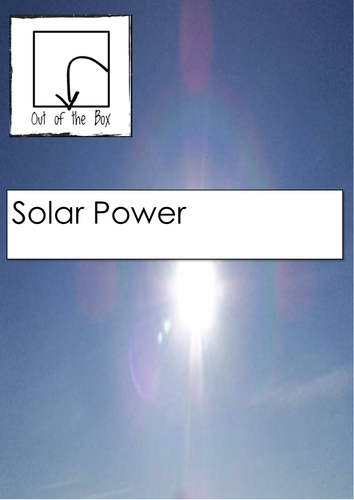Green APL Resources
Green APL specialises in developing highly useful resources which can be used in the classroom and beyond. Our mission is to help educate the next generation of successful people by producing high quality resources which improve teaching and learning. We cover a wide range of subjects and age groups with our resources which mostly have a science or mathematics focus.





